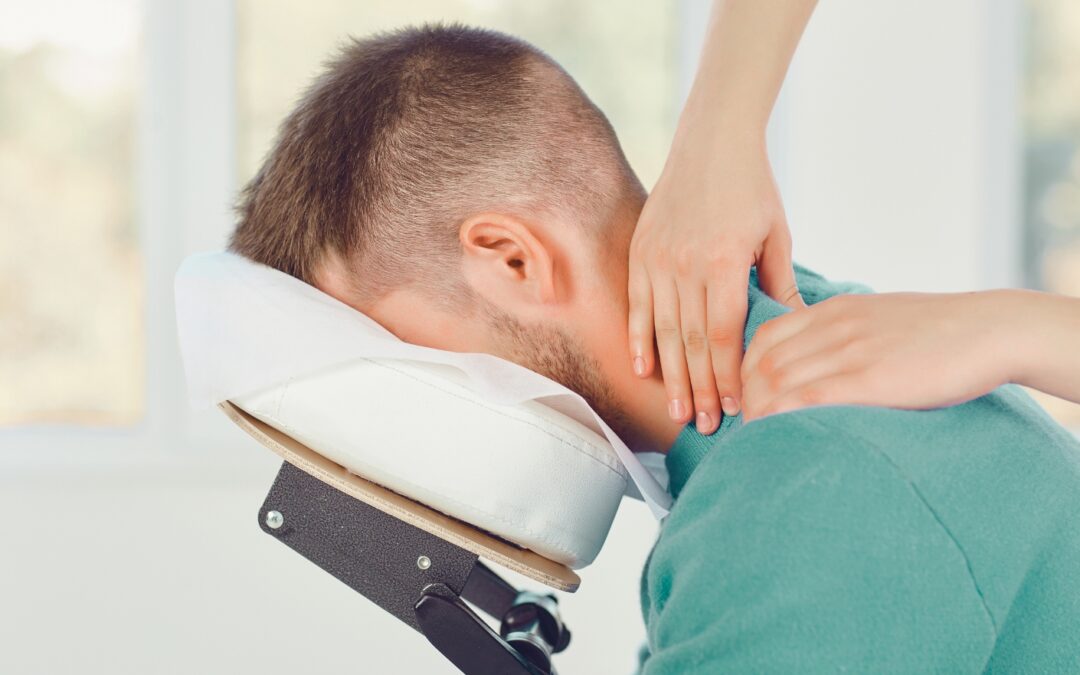Concussions are more than just a bump on the head—they can disrupt your daily life, leaving you with symptoms like dizziness, balance issues, headache and neck pain. While rest is often the first step in recovery, many people don’t realise the significant role physiotherapy can play in helping them regain their health and return to normal activities.
Physiotherapy offers a tailored, evidence-based approach to concussion recovery, addressing the unique challenges each individual faces. If you’ve been struggling with lingering symptoms after a concussion, here’s how physiotherapy can help you get back on track.
Why Physiotherapy Matters in Concussion Recovery
Concussions affect more than just your brain—they can impact your neck, balance, and overall nervous system. Concussion Physiotherapists who are specifically trained to assess and treat these interconnected systems, provide a holistic approach to recovery. By targeting the root causes of your symptoms, expert physiotherapy care can help reduce discomfort, improve function, and speed up your return to daily life.
Therapies That Make a Difference
1. Physiological – Autonomic Nervous System (ANS) Dysfunction
Your brain uses 25% of all the blood flow through your body because of its high energy demands. A concussion will disrupt this blood flow and cause issues with our ANS. This is rectified by aerobic exercise but it must be at a level which is ‘sub-symptom’; that is, it doesn’t increase your symptoms. We use the Buffalo Concussion Treadmill Test to determine the ideal heart rate for your aerobic exercise program.
2. Balance and Vestibular Rehabilitation
Dizziness and balance problems are common after a concussion, often caused by disruptions in your visual and vestibular (the part of your inner ear and brain that controls balance) systems. Physiotherapists use specific treatment and exercises to retrain these systems, helping you regain stability and confidence in your movements.
3. Neck Pain and Dysfunction Treatment
Neck injuries often accompany concussions, contributing to headaches and restricted movement. Physiotherapy can address these issues through manual therapy, targeted exercises, and posture correction, reducing pain and improving mobility.
4. Gradual Exposure Cognitive and Physical Activity
For those experiencing fatigue and tiredness it is important not to overload your brain as it recovers after a concussion. Physiotherapists give advice on controlled exposure techniques to minimise symptoms to ensure that your recovery is both safe and effective.
Why Personalised Care is Essential
No two concussions are the same, which is why a one-size-fits-all approach doesn’t work. A Concussion Physiotherapist will create a personalised treatment plan based on your specific symptoms and recovery goals. This tailored care ensures that you’re addressing the right issues in the right way, maximising your chances of a full recovery.
Take the First Step Toward Recovery
If you’re dealing with ongoing symptoms after a concussion, don’t wait to seek help. Physiotherapy can provide the targeted care you need to feel like yourself again. At Sydney Concussion Centre, our experienced team is here to guide you through every step of your recovery journey.
Book an appointment today to start your personalised concussion recovery plan. Review our website to learn more about how we can help you regain your health and confidence.
If you’re experiencing prolonged symptoms or need expert guidance, visit Sydney Concussion Centre website to book an appointment. Our team is here to help you on your recovery journey.
Contact our office on 18OO CONCUSSION | 1800 266 287 for further advice



Recent Comments